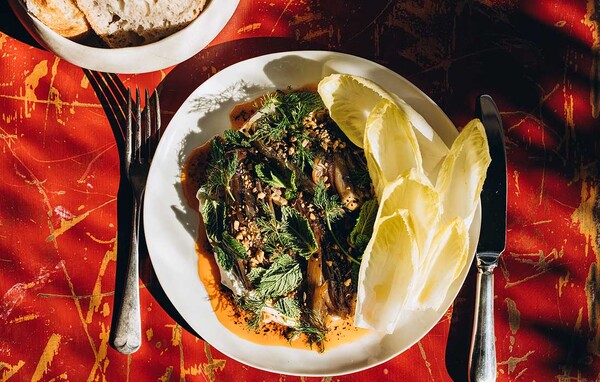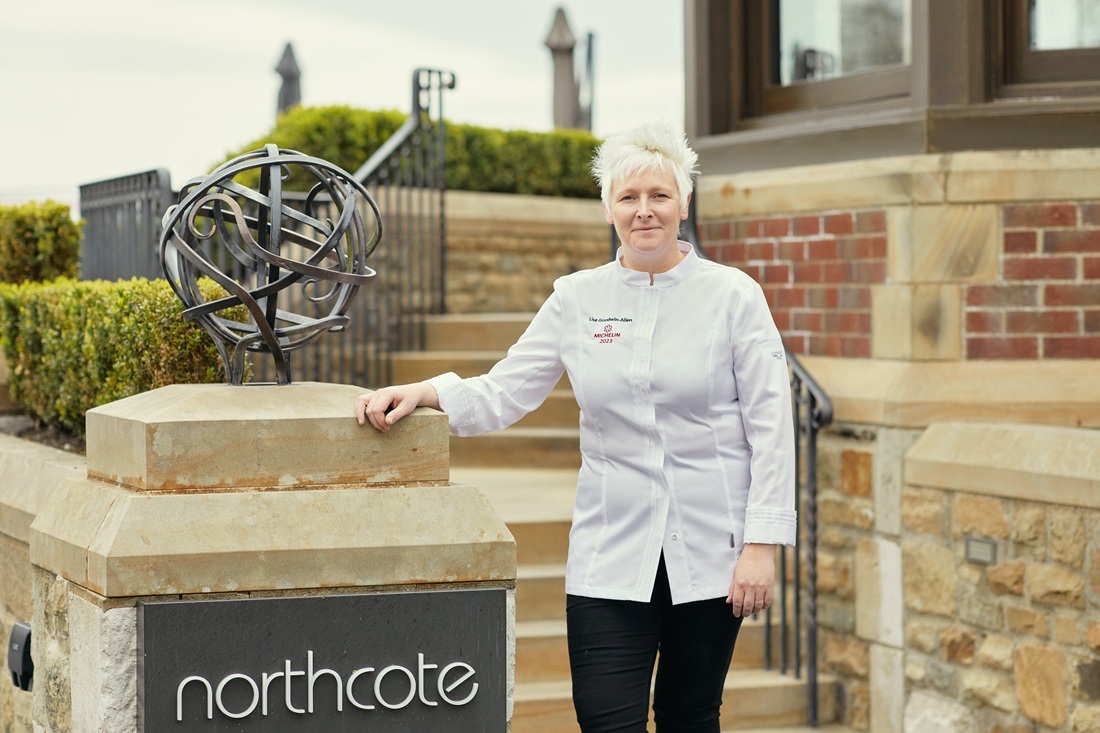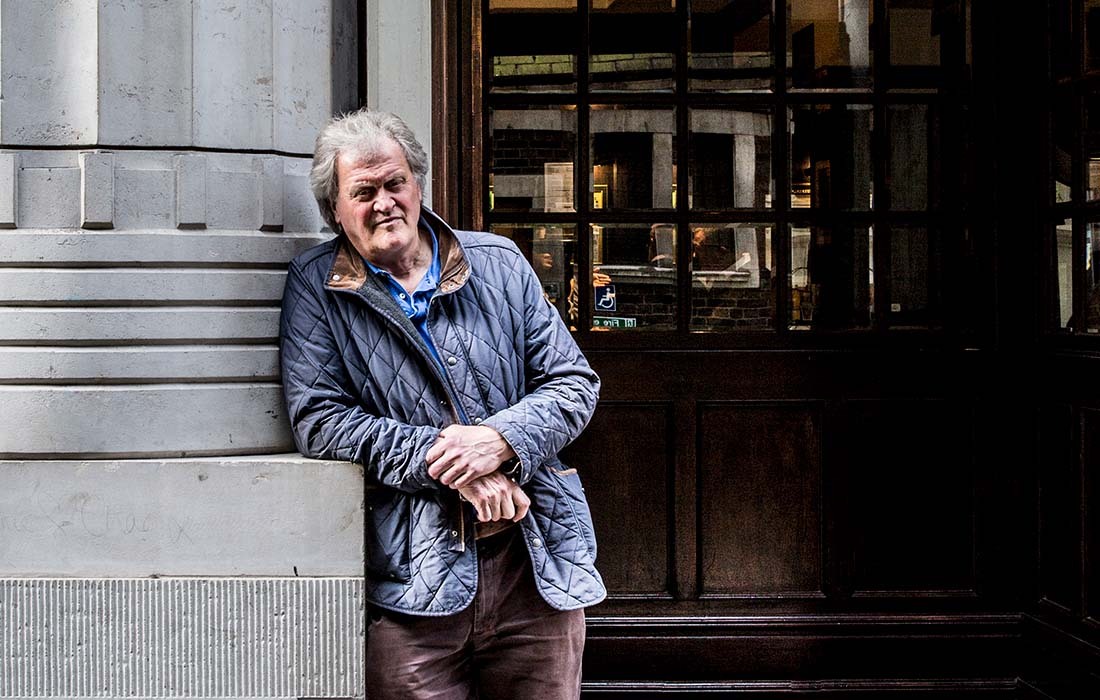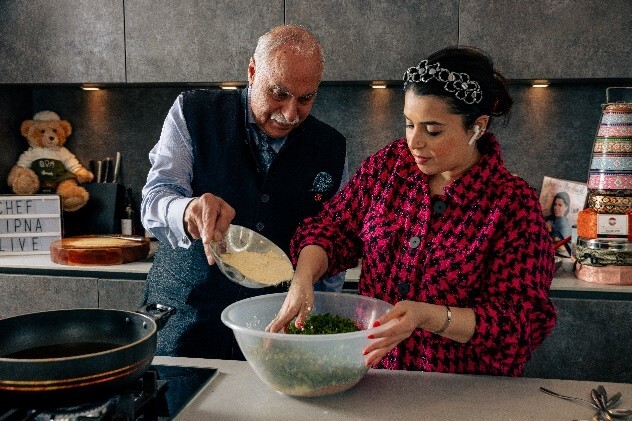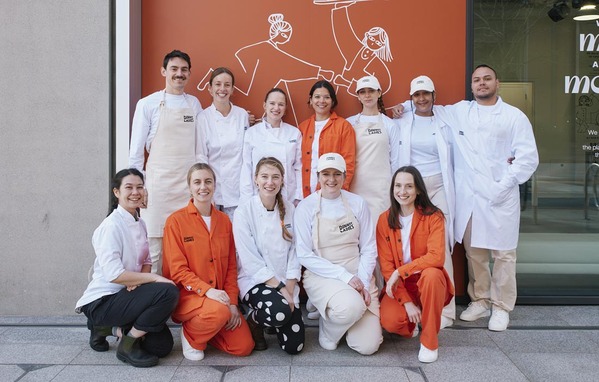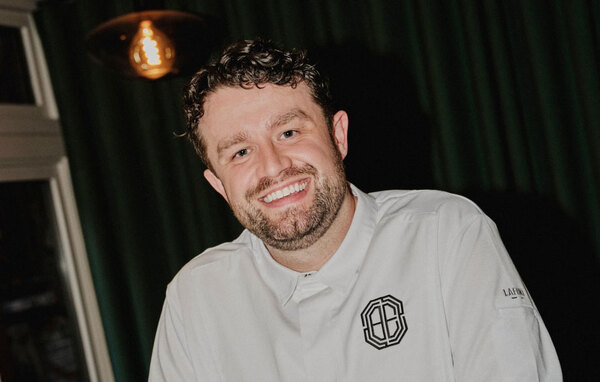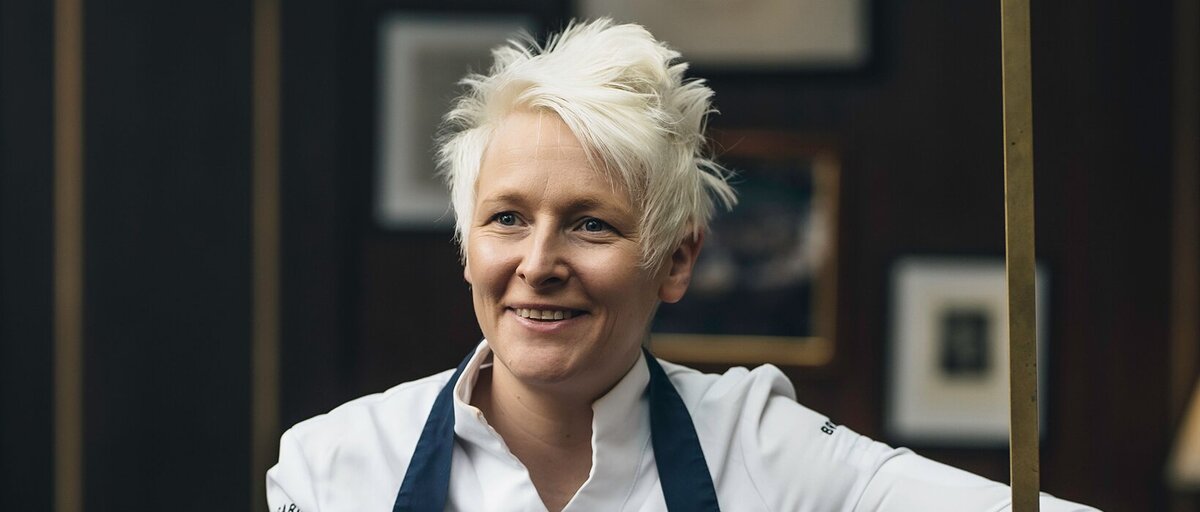The Fat Duck: Business as usual after recent food scare?
Heston Blumenthal‘s handling of the media frenzy that followed an outbreak of illness among Fat Duck customers has been praised as a model of public relations. But where does it leave his business? Kerstin Kühn investigates
It's been a tough couple of weeks for Heston Blumenthal. The celebrity chef and proprietor of the three-Michelin-starred Fat Duck restaurant in Berkshire has been through what is arguably a hospitality operator's worst nightmare, having been forced to shut his doors following a major food scare.
Blumenthal made the decision to close the Fat Duck on 24 February after 40 diners had been afflicted with a mystery illness that resulted in vomiting and diarrhoea. With his celebrity status and the Fat Duck's iconic reputation, it didn't take long for the national press to pick up on the story and, following the media coverage of the outbreak, the number of potential cases leapt to 400.
Inconclusive
Environmental health inspectors were called in to scour the kitchens at the Fat Duck but all test results (as Caterer went to press on Tuesday) have come back clear. No food poisoning organisms have been found, increasing the likelihood that the outbreak was the result of a virus. However, tests are ongoing, with the inconclusiveness of the results meaning the Fat Duck is now closed for a third week. The Health Protection Agency (HPA) has warned that, due to the nature of Blumenthal's cooking techniques, tests could take several weeks to come back.
The HPA's Thames Valley unit is working with the Royal Borough of Windsor and Maidenhead Environmental Health Department, with scientists conducting a "risk assessment of all food storage, preparation and cooking processes" at the Fat Duck. They are examining food samples and specimens from diners and all members of staff, while laboratory tests are being carried out into possible contamination of food by bacterial or viral germs, which might have occurred at any time from "before supply to the restaurant to reaching the plate".
Blumenthal said he was "upset" and "frustrated" by the health scare but added that, while a tough call, closing the Fat Duck had been the right choice. "I don't regret closing the restaurant," he said. "It was morally and technically the only option."
Stephen Minall, managing director of consultancy Moving Food, agreed. "As a restaurant, if you get one or two complaints from diners getting sick you can usually trace the root of the problem yourself but, with a number as high as 40, you have to call in health and safety inspectors," he said.
Minall questioned whether 400 diners were really affected by the outbreak and suggested many may be jumping on the "Fat Duck bandwagon". "With food poisoning, people will usually be affected within a space of a few hours, while viral infections take no more than 48 hours, so it seems highly unlikely that, with the Fat Duck being a 40-seat restaurant, a number as high as 400 could be accurate," he said.
The restaurant closure has forced Blumenthal to cancel hundreds of reservations, resulting in a major financial blow to the Fat Duck, estimated at £100,000 a week. But the loss of business isn't the only financial implication facing the chef, warned John Dyson, food and technical adviser at the British Hospitality Association.
"If officials discover that the outbreak was due to some sort of negligence on behalf of the Fat Duck, the damage to the business could be severe," he said. "People could make claims against the restaurant for their losses, which could be much more than just the cost of their meal."
Then there's the damage to Blumenthal's reputation. As one of only three UK chefs to hold three Michelin stars and a prominent figure on television, known for his scientific approach to cooking, the publicity surrounding the incident has been unprecedented.
Communication
But Kevin Taylor, 2009 president of the Chartered Institute of Public Relations, praised Blumenthal's public handling of the outbreak. "What's really important in a crisis situation, especially one that affects public safety such as this, is that the people affected are upfront about what's going on," he said. "Blumenthal has been extremely open with his communication about the matter and he deserves credit for this. He has come out and openly spoken about what's going on himself rather than hiding behind a spokesperson and has been honest about how awful the situation has been for him."
Taylor added that Blumenthal's honest approach will help him bounce back once the problem has been resolved, but he added that the reopening of the Fat Duck will need to be handled carefully. "The Fat Duck is an occasion restaurant where people go for a special event," Taylor said. "Blumenthal will need to reiterate this at the reopening, reminding people why it became such a famous restaurant in the first place."
While the outbreak has undoubtedly caused Blumenthal more than one sleepless night, and the financial implications look to be painful, the chef will be hoping that his solid reputation and honest handling of the situation will prevent any long-term damage to the Fat Duck brand.
The Fat Duck food scare: A timeline
- 24 February Heston Blumenthal closes the Fat Duck
- 25 February Environmental health department is called in
- 27 February First media coverage of Fat Duck closure
- 2 March Blumenthal admits the business has taken a "massive financial hit"
- 3 March Food poisoning ruled out as cause of the outbreak Blumenthal hopes to reopen restaurant before end of the week
- 6 March Number of diners affected rises to 400 Blumenthal announces Fat Duck will remain shut
- 8 March Health Protection Agency warns tests could take weeks to come back
- 9 March Fat Duck remains closed for a third week


